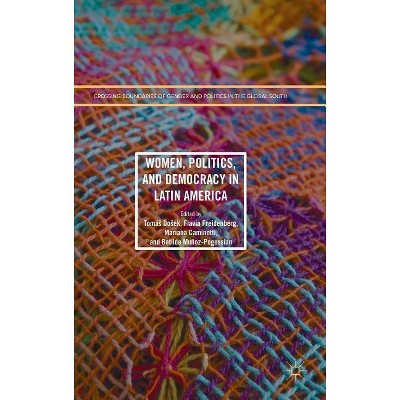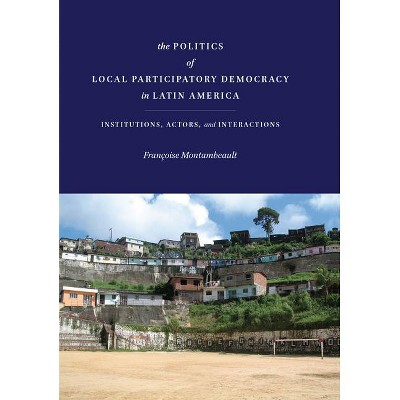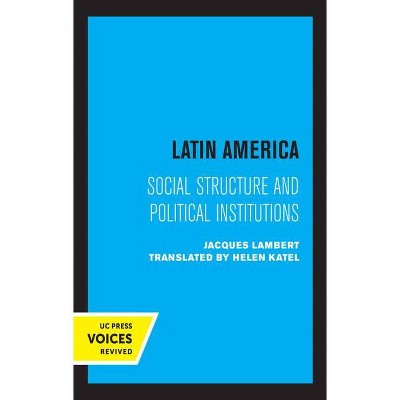Us Military Bases, Quasi-Bases, and Domestic Politics in Latin America - by Sebastian E Bitar & Gardner (Hardcover)

Similar Products
Products of same category from the store
AllProduct info
<p/><br></br><p><b> Book Synopsis </b></p></br></br>Why has the United States failed to open new military bases in Latin America since the start of the twenty-first century? If not bases, what forms of military presence does the US use for its war against drugs? This book explores domestic opposition to formal US bases in Latin America, and provides evidence of a growing network of informal and secretive base-like arrangements that supports US military operations in the region.<p/><br></br><p><b> Review Quotes </b></p></br></br><br><p>'This is an impressive and important book. Bitar's careful investigation of the US military presence in Latin America has broad significance to understanding the changing relationship between the United States and Latin America, the growing power of democratic movements in the region, and the little-noticed rise of secretive 'quasi-bases' in the Americas and around the world. The book should be of interest to anyone concerned about Latin America, foreign military bases, and US foreign policy.' - David Vine, author of Base Nation (2015) and Associate Professor of Anthropology, American University, USA</p> <p>'In a field that is highly ideologized, Bitar has written a book that takes an innovative and fresh approach to US-Latin America relations. By focusing on the actual the negotiations for US military bases in the region - and especially, the items that were negotiable and non-negotiable for all sides - Bitar offers credible insights on what truly matters for the US in its security relations with the Americas. Bitar also integrates insights from comparative politics by demonstrating how Latin American presidents often adopt foreign policy positions that are more in line with what domestic actors lobby than what the Executive branch prefers.' - Javier Corrales, Dwight W. Morrow 1895 Professor of Political Science, Amherst College, USA</p> <p>'This book is a must-read for students and scholars of US-Latin American security dynamics. Bitar provides a comprehensive analysis of the interplay between US basing strategies and domestic politics in the region. In doing so, he identifies the increasing use of 'quasi-bases' that underscore the changing nature of hemispheric security relations, although not necessarily the demise of US military influence in Latin America.' - Arlene B. Tickner, editor of Thinking International Relations Differently (2012) and Professor of International Relations, Universidad de los Andes, Colombia</p><br><p/><br></br><p><b> About the Author </b></p></br></br><p>Sebastian E. Bitar is Assistant Professor of Global Policy at the School of Government of the Universidad de los Andes in Bogota, Colombia. He is the author of The First Steps of Human Rights in Colombia (published in Spanish, 2007).</p>
Price History
Price Archive shows prices from various stores, lets you see history and find the cheapest. There is no actual sale on the website. For all support, inquiry and suggestion messagescommunication@pricearchive.us




















